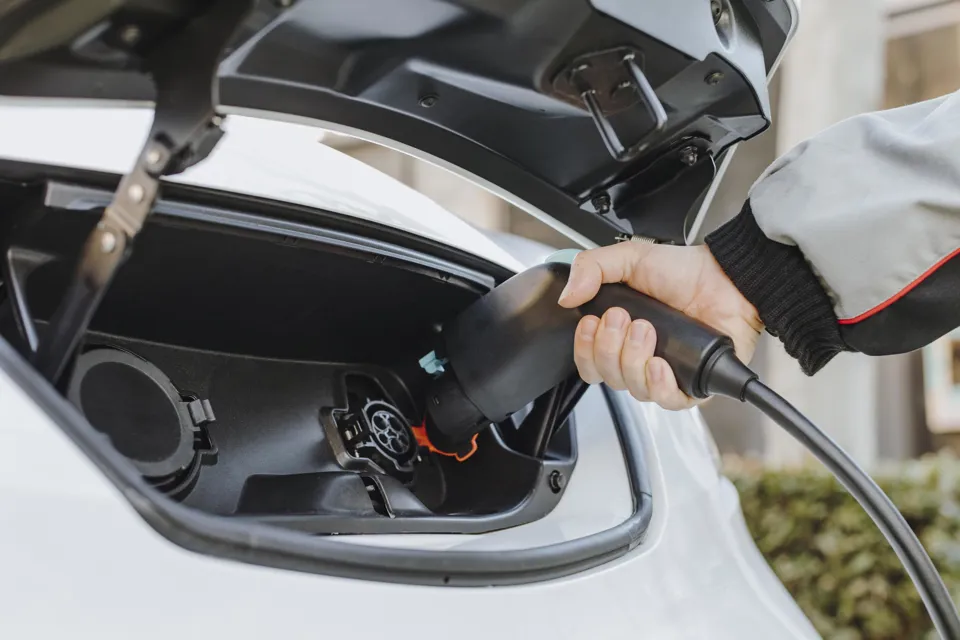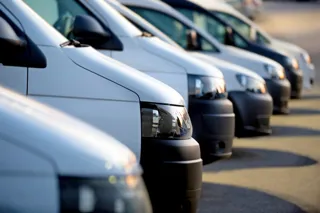More than 90% of businesses that try out an electric van using its medium-term rental product – Arval Flex EV – are opting to keep them, Arval UK has said.
The company said many businesses were using medium term rental to operate an electric van on a trial basis and the vast majority were finding them a good fit for their fleet.
Glynn Hopkins, product manager at Arval UK, said: “What we are finding is that the overwhelming majority, once they get hold of the vehicle, find they are a practical addition to their operations and choose to extend the original booking. We see this very much as a vote of confidence in van electrification.”
He added that Arval UK had been extending both the percentage of electric vehicles (EVs) available for medium term rental and the overall size of its fleet.
“Last year, our medium-term fleet was around 2,500 units and this year it will reach 3,800,” said Hopkins.
"We expect it will continue to grow significantly over the next three years to meet customer demand. Within this, we already have a strong electric van offering of Vauxhall Vivaro-e, Toyota Proace Electric and Nissan EV200 but we’re adding more as new models come to market.
“It does feel as though the conditions created by the pandemic have very much brought medium term rental into its own.
“The ability to rent a vehicle from 1-36 months while being able to offer delivery and termination within 48 hours on the vast majority of models is something that definitely fits into fleet needs at the moment, whether that is to satisfy requirements while waiting for new vehicles, working on fixed term contracts, or simply adding flexible fleet provision.”
In December 2022, Arval UK announced its medium-term rental fleet product – Arval Flex – grew by more than 50% due to increased demand.
Recent research from Arval Mobility Observatory (AMO) showed that 47% of UK fleets planned to adopt electric vans within the next three years.
Key reasons behind this decision were the lower environmental impact of EVs (55%), tax incentives (51%), total cost of ownership (TCO) being in line or lower than petrol or diesel vehicles (50%), reduced fuel expenses (50%), improving company image (40%) and being able to drive in low emissions zones (38%).
> Interested in comparing electric vehicle data? Check out our EV tool.
> Interested in ensuring the efficient use of EVs. Check out our dedicated editorial sections: Insight & policy | EV news | Charging & infrastructure | Costs & incentives | Benefit-in-kind | EV case studies | EV road tests
























Login to comment
Comments
No comments have been made yet.